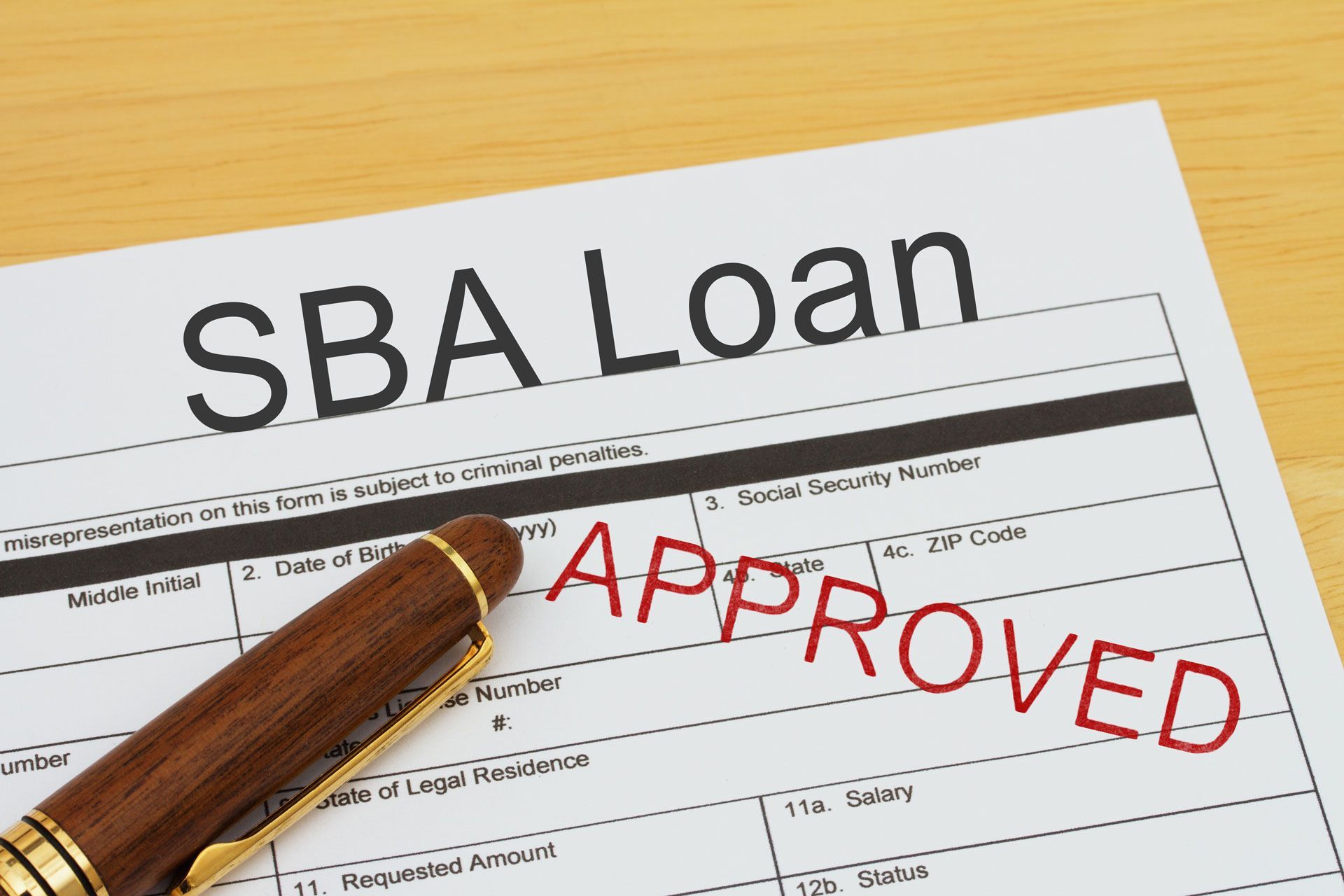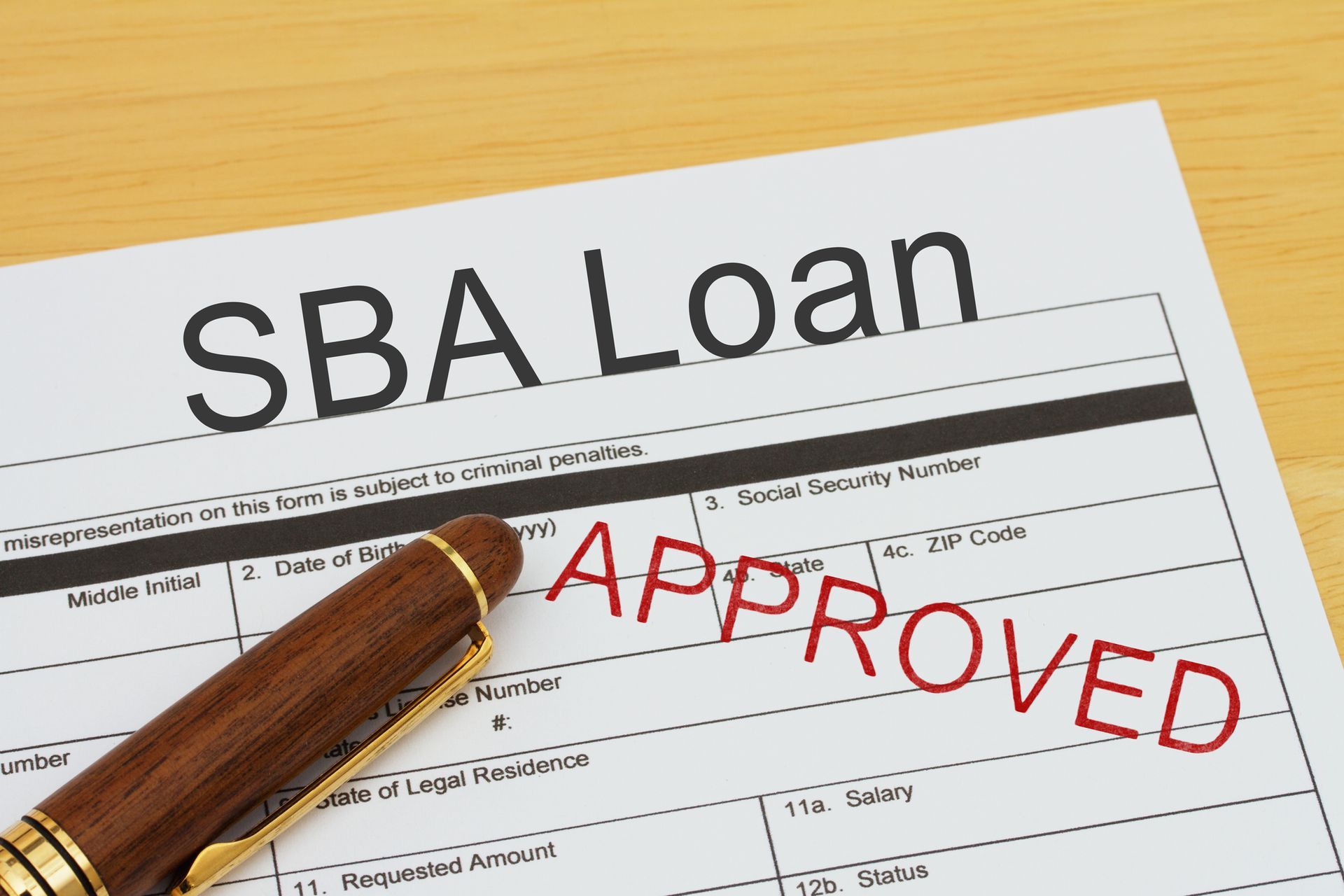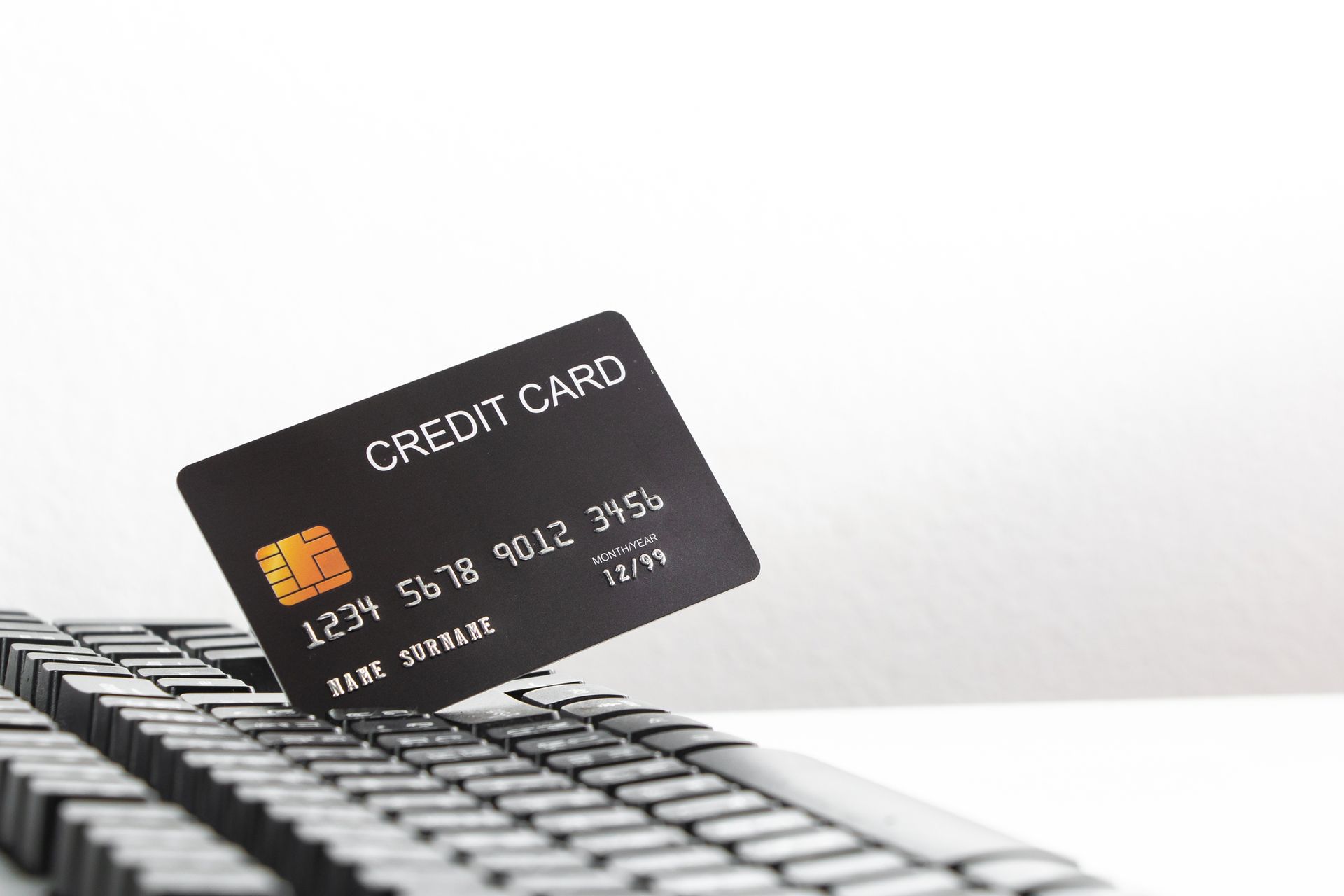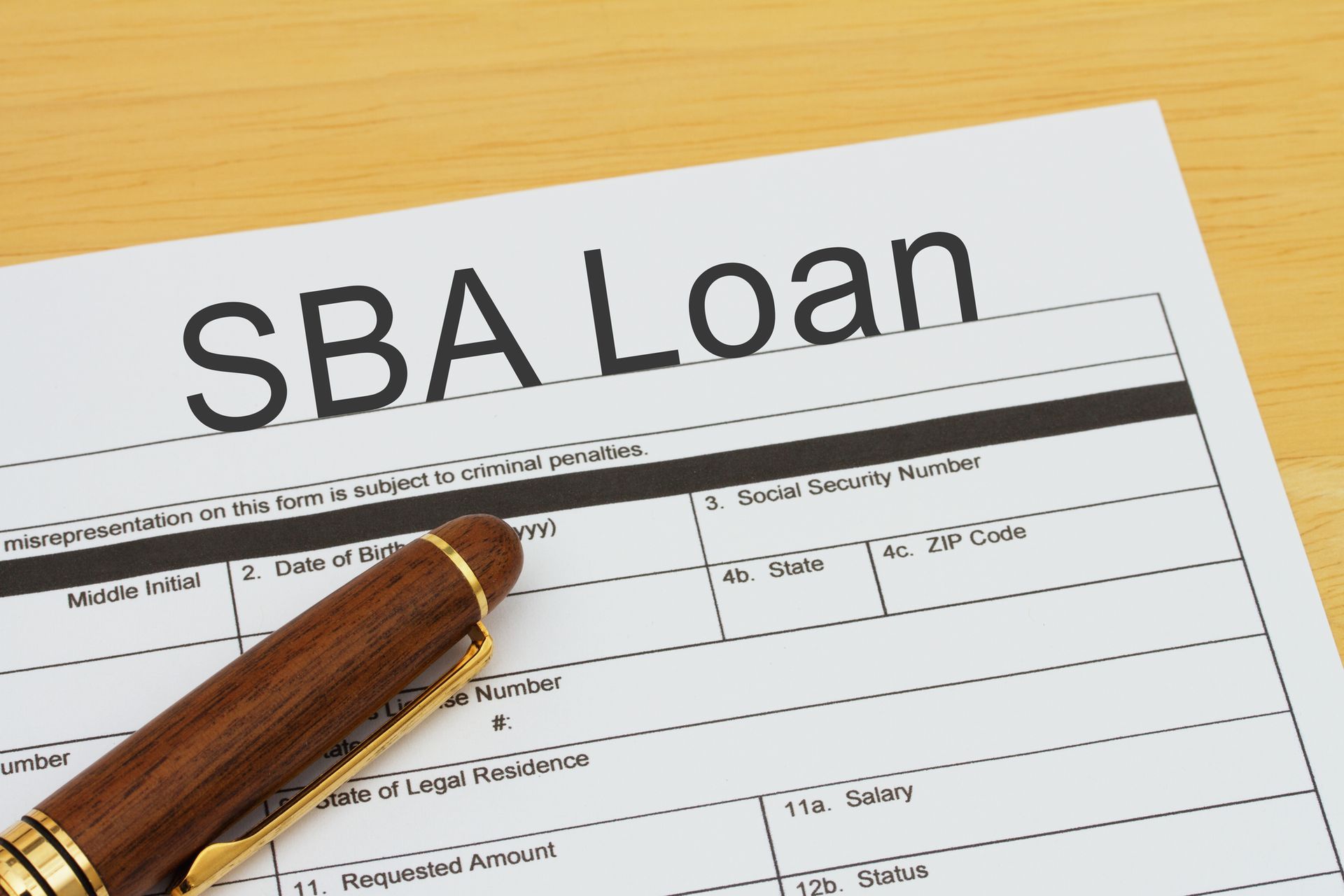A Guide To Collateral Loans And Their Uses
Collateral loans, also known as secured loans, are a significant financial tool for individuals and businesses alike. These loans are backed by a valuable asset, reducing the lender's risk, and often leading to more favorable terms for the borrower. Whether you are looking to finance a major purchase, consolidate debt, or invest in your business, understanding these loans can help you make informed financial decisions.
At Whittmore Briley, we specialize in providing expert financial services tailored to meet the diverse needs of our clients. With years of experience in the financial sector, we have a deep understanding of how these loans can be utilized effectively. Let us walk you through the essentials of collateral loans, discussing their benefits, risks, and various applications.
Understanding Collateral Loans
A collateral loan involves pledging an asset as security for the loan. This asset can be a piece of property, a vehicle, savings accounts, or other valuable items. Because the lender has a form of security, these loans typically come with lower interest rates compared to unsecured loans. This makes them an attractive option for borrowers who may not have perfect credit scores or who need larger loan amounts.
However, it is crucial to understand that if you do not repay the loan, the lender can seize the collateral. This risk is the trade-off for the benefits that these loans provide. Therefore, it is essential to weigh your options carefully and consider both the advantages and potential consequences before deciding to take out a collateral loan.
Types of Collateral Loans
These loans come in various forms, each designed to meet specific needs and circumstances. Some of the most common types include mortgages, auto loans, home equity loans, and personal loans. Each type of loan has its own set of terms, benefits, and risks, which we will explore in detail.
- Mortgages: A mortgage is a loan used to purchase real estate, with the property itself serving as collateral. Mortgages often offer lower interest rates and longer repayment terms, making them suitable for financing significant investments like a home.
- Auto Loans: These loans are secured by the vehicle being purchased. Auto loans generally come with competitive interest rates and are easier to obtain than unsecured loans, especially for borrowers with less-than-perfect credit.
- Home Equity Loans: These loans enable homeowners to access funds based on the equity accumulated in their property. Home equity loans can provide substantial funds for home improvements, debt consolidation, or other major expenses.
- Personal Loans: Secured personal loans can be used for a variety of purposes, such as consolidating debt, covering unexpected expenses, or financing significant purchases. These loans are typically backed by assets like savings accounts, certificates of deposit (CDs), or other valuable personal property.
Advantages of Collateral Loans
One of the main benefits of these loans is the potential for lower interest rates. Because the lender has the security of an asset, they are often willing to offer more favorable terms, which can save borrowers a substantial amount of money over the life of the loan. Additionally, the loans can allow borrowers to access larger sums of money than they might be able to with unsecured loans.
These loans can also be more accessible for individuals with less-than-perfect credit. If you have a low credit score or limited credit history, offering collateral can reduce the lender’s risk and increase your chances of being approved. This can be especially beneficial for borrowers who might otherwise struggle to obtain financing.
For businesses, collateral loans can provide the necessary capital to fund growth, manage cash flow, or invest in new opportunities. By leveraging business assets such as real estate, equipment, or inventory, companies can secure the financing they need to achieve their goals.
Risks and Considerations
While collateral loans offer several advantages, they also come with significant risks. The primary risk is the potential loss of the collateral if you are unable to repay the loan. This can have serious consequences, especially if the collateral is a critical asset like your home or vehicle. It is essential to have a clear plan for repayment and to ensure that you can meet the loan terms before committing.
Additionally, the process of obtaining a collateral loan can be more complex and time-consuming than securing an unsecured loan. Lenders will typically require a thorough assessment of the collateral’s value, which may involve appraisals, inspections, and other forms of verification. This can add to the overall cost and time needed to secure the loan.
It is also important to understand the terms and conditions of the loan agreement fully. Different lenders have varying requirements and restrictions, and it is crucial to know what will happen if you miss a payment or default on the loan. Some lenders may offer grace periods or the opportunity to renegotiate terms, while others may move quickly to seize the collateral.
Practical Applications of Collateral Loans
These loans are versatile financial tools that can be used in a variety of scenarios. For example, a homeowner might use a home equity loan to finance renovations, increasing the property’s value while potentially securing a lower interest rate than other forms of credit. Similarly, a business owner might leverage company assets to obtain a loan for expansion or to improve operational efficiency.
In the realm of real estate, construction loans often rely on the property being developed as collateral. These loans are critical for funding large-scale building projects and are structured to provide funds in stages as the construction progresses. By securing the loan with the property itself, developers can often obtain better rates and terms than they would with unsecured financing.
Another example is asset-based lending, where businesses use assets like accounts receivable, inventory, or equipment as collateral to secure financing. This type of loan can provide much-needed liquidity for companies facing short-term cash flow challenges or looking to invest in growth opportunities. By leveraging their existing assets, businesses can access capital without taking on the higher costs associated with unsecured loans.
How Collateral Loans Work
These loans offer more attractive terms than unsecured loans, including lower interest rates and potentially larger loan amounts. But understanding how they work is essential before you decide to use one.
Loan Approval and Collateral Valuation
When you apply for a collateral loan, the lender will assess the value of your collateral to determine the loan amount you qualify for. This process typically involves a thorough appraisal of the asset. For example, in the case of a mortgage, an independent appraiser will evaluate the home to establish its market value. Similarly, if you are using a car as collateral, the lender will consider the car's make, model, mileage, and condition.
The loan amount is usually a percentage of the collateral's value, often referred to as the loan-to-value ratio (LTV). For instance, if your home is valued at $200,000 and the lender offers an 80% LTV, you could borrow up to $160,000. Higher LTV ratios might result in higher interest rates and require you to purchase private mortgage insurance (PMI) if the LTV exceeds 80%.
Interest Rates and Loan Terms
Interest rates on these loans are generally lower than those on unsecured loans because the lender's risk is mitigated by the asset. The specific rate you receive will depend on various factors, including the type of collateral, the loan amount, your credit score, and the lender's policies.
Loan terms for collateral loans can also be more flexible. Mortgages, for instance, typically offer terms ranging from 15 to 30 years, allowing for manageable monthly payments. Auto loans might have shorter terms, usually between three to seven years, while home equity loans can range from five to 20 years.
Repayment and Default
Repaying a collateral loan involves making regular payments over the loan term. These payments usually include both principal and interest. It is crucial to maintain these payments to avoid defaulting on the loan. Defaulting on a collateral loan can lead to the lender seizing the collateral. For example, if you default on a mortgage, the lender can foreclose on your home. If you default on an auto loan, the lender can repossess your car.
It is important to understand the terms of your loan agreement, including any grace periods or options for loan modification, to manage your repayment effectively. Some lenders might offer alternatives like deferring payments or restructuring the loan if you encounter financial difficulties.
Uses of Collateral Loans
These loans can be used for a variety of purposes, each with its own benefits and considerations.
- Home Purchase and Improvement
One of the most common uses of collateral loans is for purchasing or improving real estate. Mortgages allow individuals to buy homes, while home equity loans can provide funds for renovations or repairs. By using the property as collateral, borrowers can access lower interest rates and more favorable terms.
- Vehicle Financing
Auto loans are another prevalent type of collateral loan. They enable individuals to purchase cars, trucks, motorcycles, or other vehicles. The vehicle acts as collateral, making these loans more accessible and affordable than unsecured alternatives. However, failure to make payments may lead to the lender repossessing the vehicle.
- Debt Consolidation
Using these loans for debt consolidation can be a strategic financial move. By securing a loan with a lower interest rate than your existing debts, you can consolidate multiple high-interest debts into a single, more manageable payment. This approach can simplify your finances and potentially save you money on interest over time.
- Business Financing
Collateral loans are also valuable tools for businesses. They can provide working capital or fund expansion efforts. For example, a business might use its assets to secure a working capital line of credit, allowing it to manage cash flow more effectively. Similarly, companies can use their property or equipment as collateral to secure loans for purchasing new machinery or investing in growth opportunities.
- Education and Personal Expenses
In some cases, individuals might use these loans to finance education or cover significant personal expenses. For instance, a parent might take out a home equity loan to pay for a child's college tuition. While this can be a cost-effective way to borrow money, it also carries the risk of losing the home if the loan cannot be repaid.
Risks and Mitigation
While collateral loans offer numerous benefits, it is essential to understand the risks and take steps to mitigate them.
- Risk of Asset Loss
The primary risk of a collateral loan is the potential loss of the asset if you default. This risk underscores the importance of having a clear repayment plan and ensuring that you can afford the loan payments over the entire term. It is wise to consider your financial stability and any potential changes in your income before committing to a collateral loan.
- Market Value Fluctuations
Another risk is the fluctuation in the market value of your collateral. For example, if the value of your home decreases significantly, you could end up owing more on your mortgage than the property is worth. This situation, known as negative equity, can make it challenging to refinance or sell the property without incurring a loss.
- Legal and Administrative Costs
Securing a collateral loan often involves legal and administrative costs, such as appraisal fees, closing costs, and insurance premiums. These costs can add up and should be factored into your decision-making process.
Collateral loans are a powerful financial tool that can offer lower interest rates, larger loan amounts, and more favorable terms compared to unsecured loans. Whether you are looking to buy a home, finance a vehicle, consolidate debt, or support your business, understanding how these loans work and their potential risks is crucial. By carefully considering your financial situation and choosing the right type of collateral loan, you can make informed decisions that support your financial goals.
About Whittmore Briley
Whittmore Briley prides itself on offering personalized financial solutions to its clients. Our expertise in collateral loans allows us to provide tailored advice and competitive loan options to meet your unique needs. Whether you are an individual looking to finance a significant purchase or a business seeking to expand, our team is here to guide you through the process and help you achieve your financial goals.
We understand that every financial situation is different, and we are committed to helping our clients make informed decisions. With our comprehensive knowledge and dedication to customer service, Whittmore Briley is your trusted partner in navigating the world of collateral loans.








